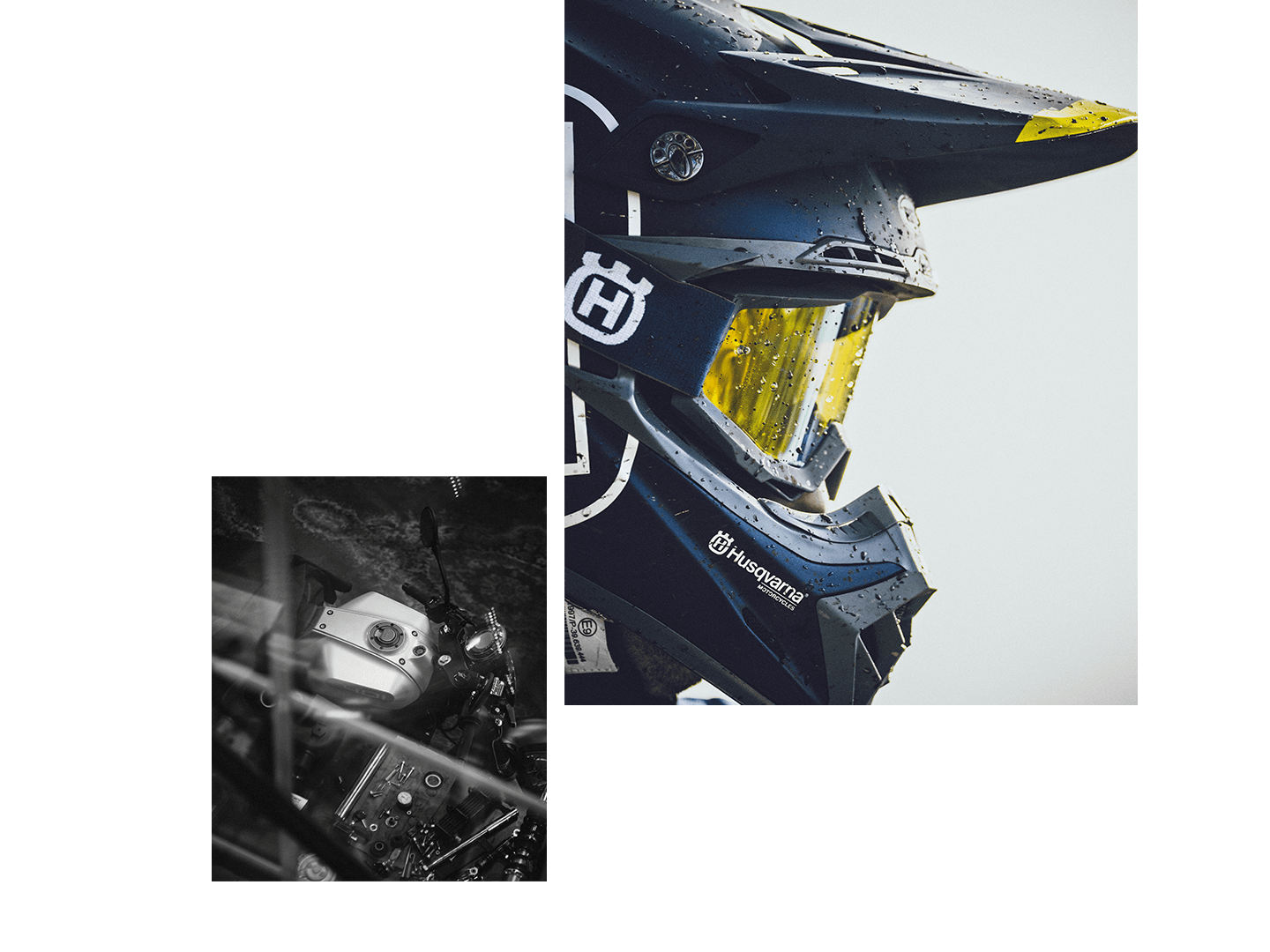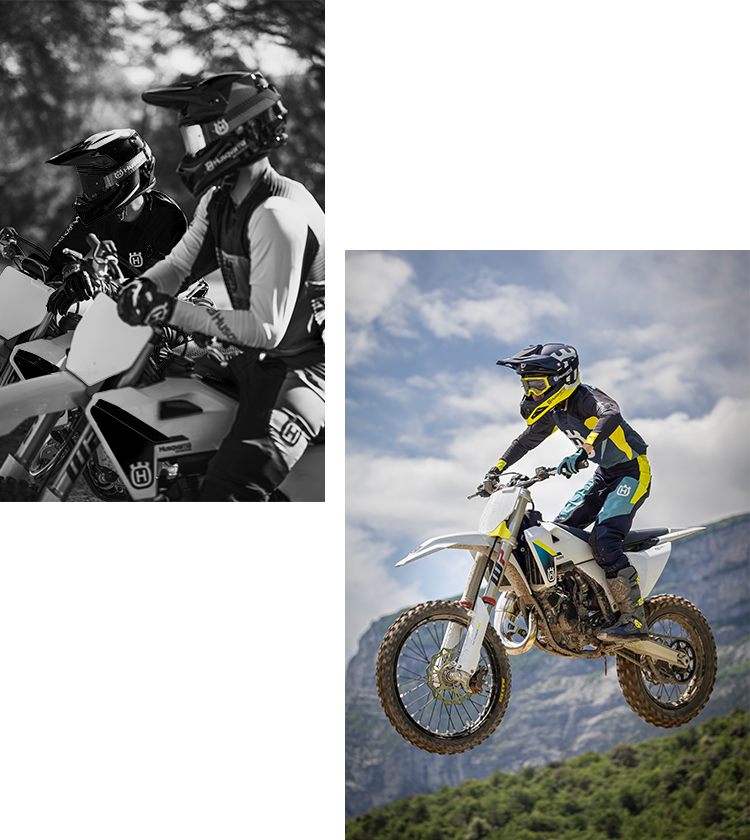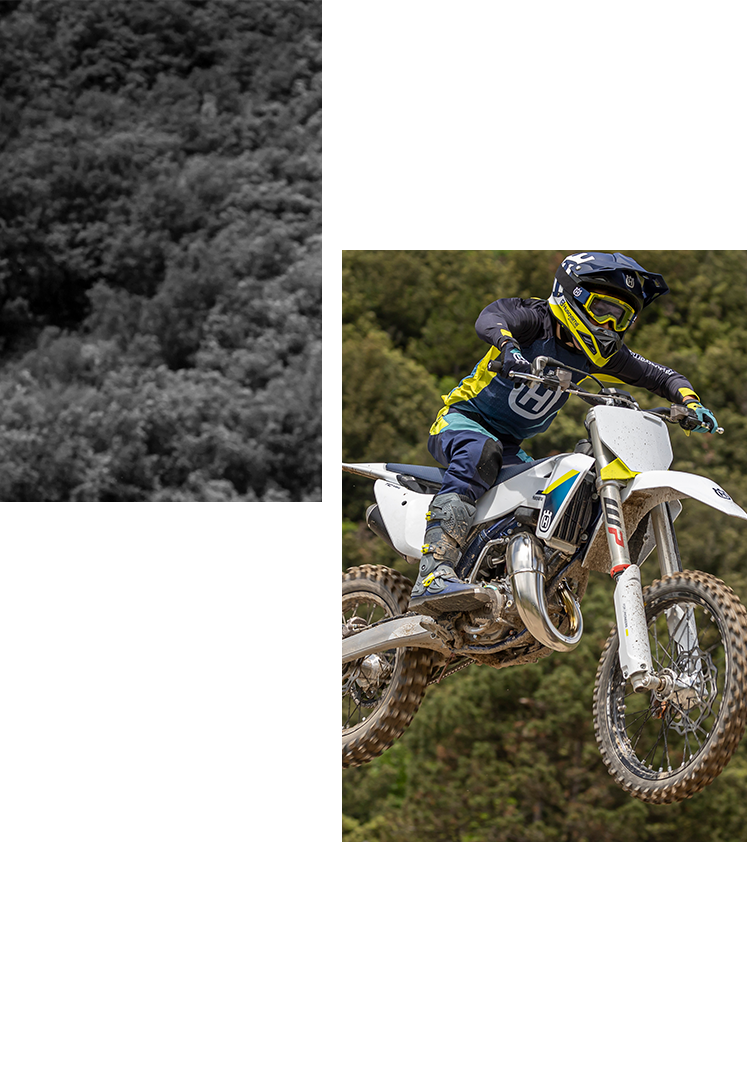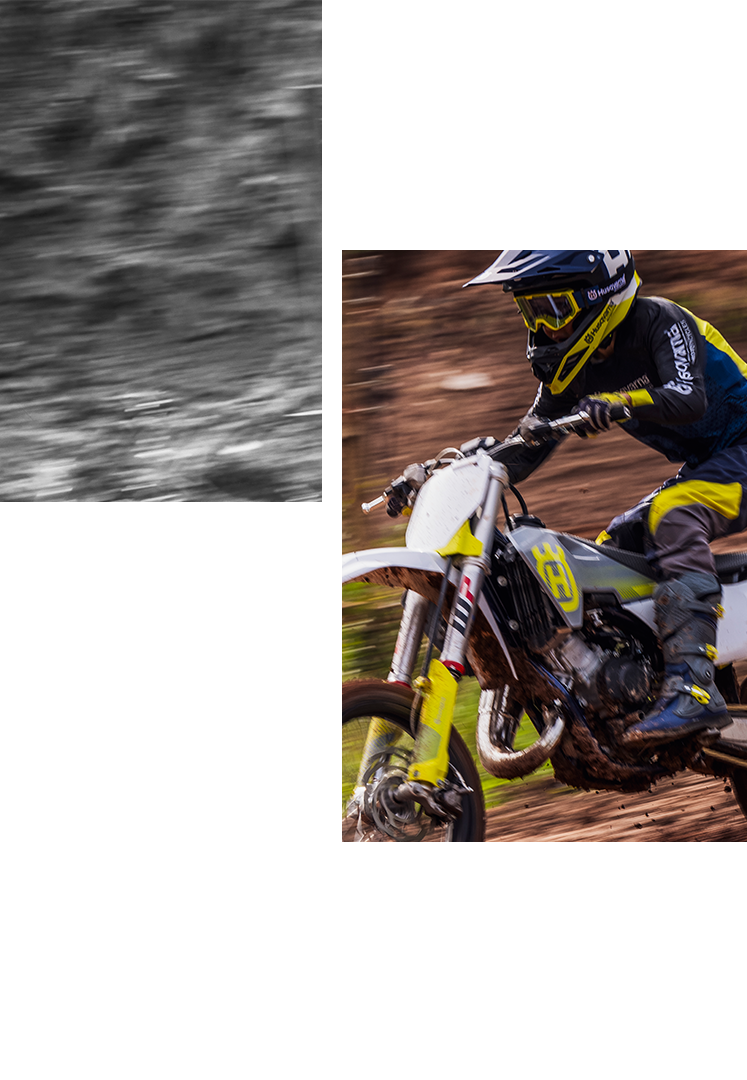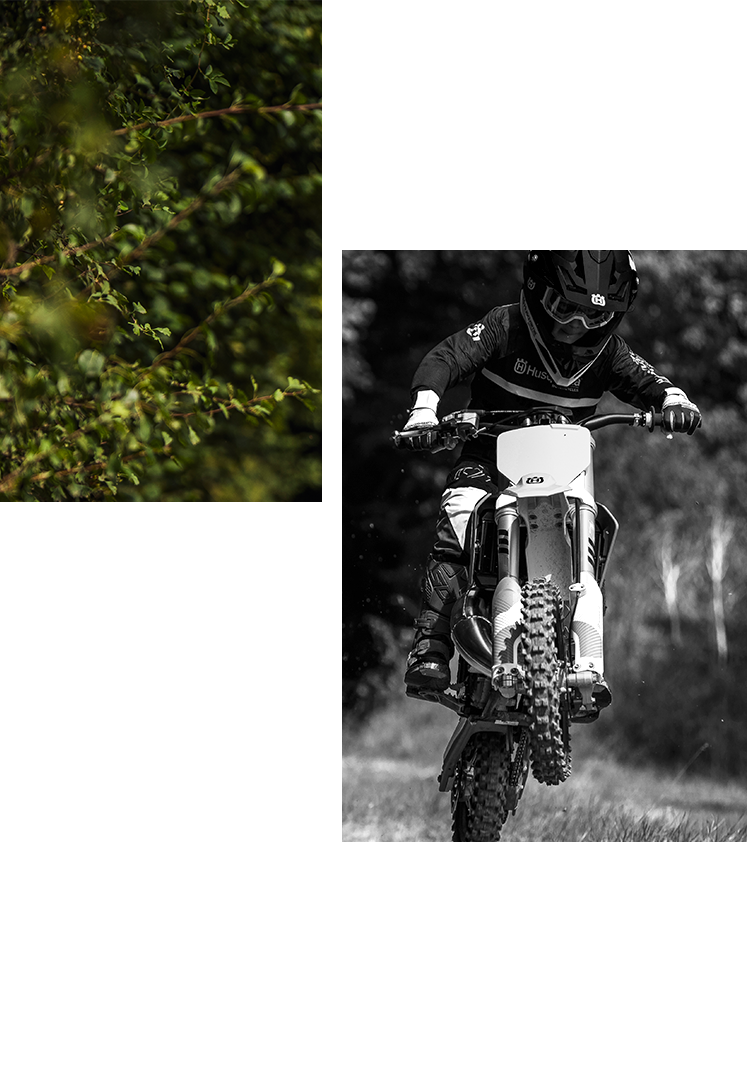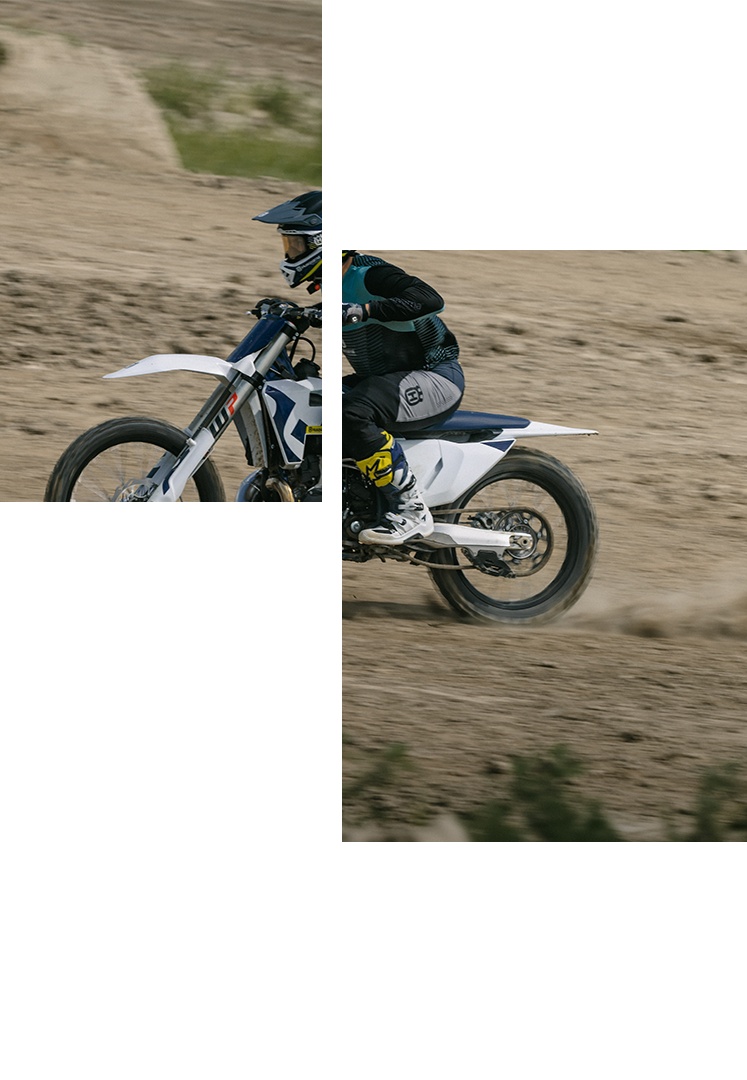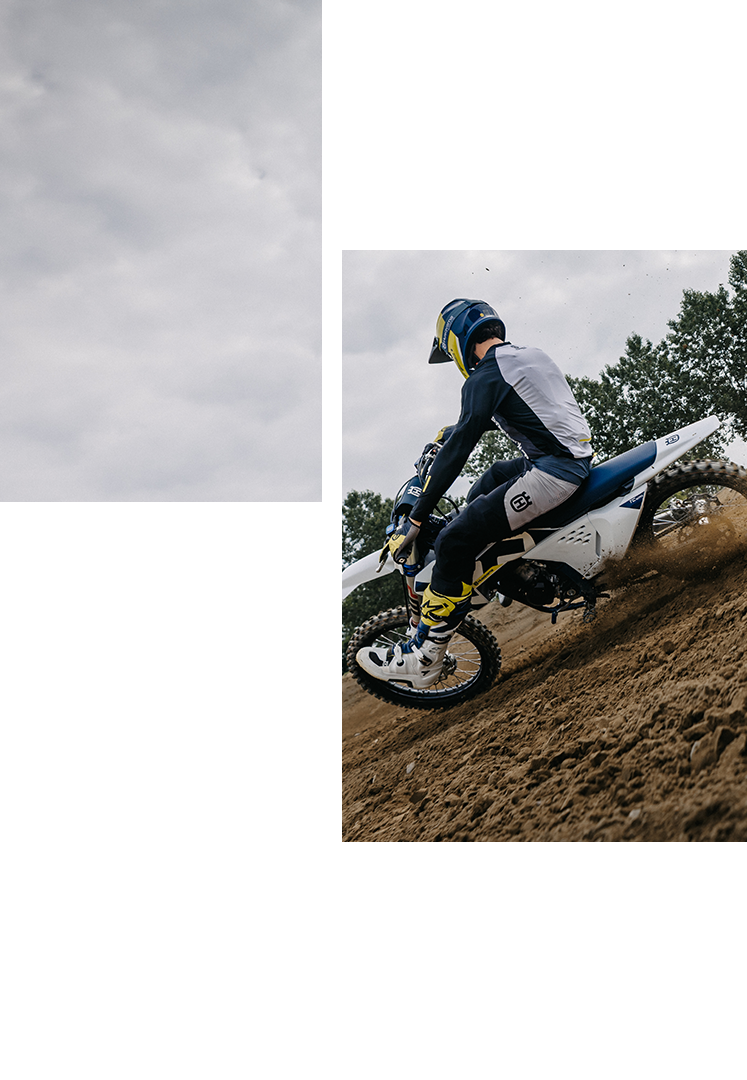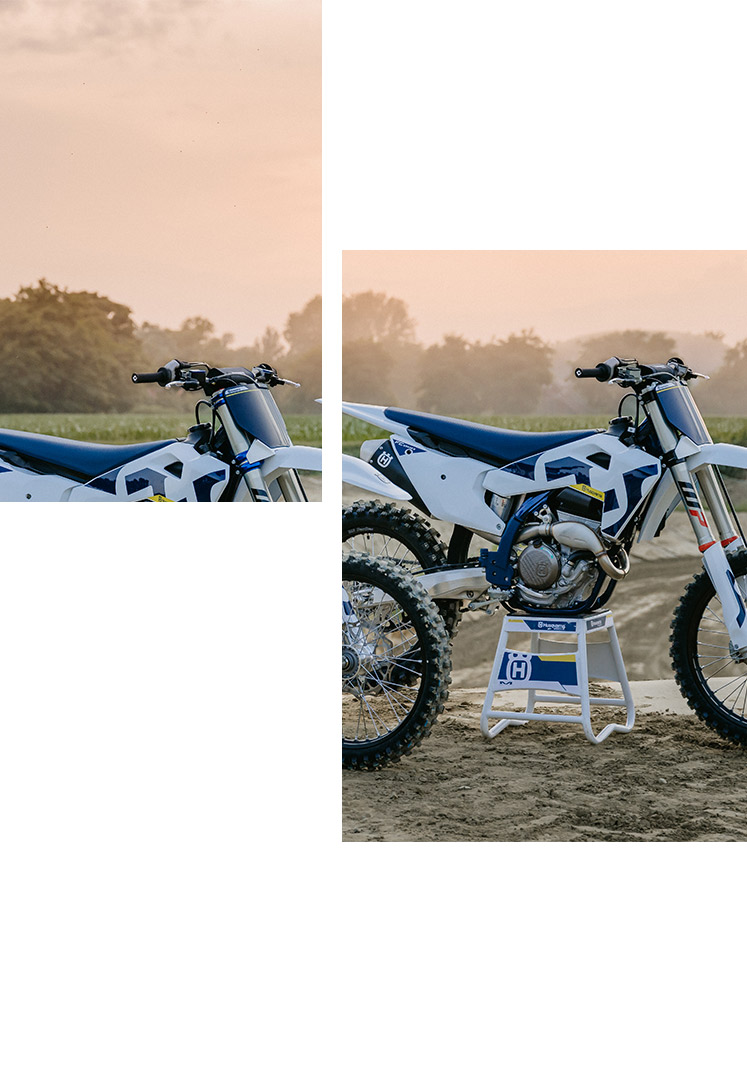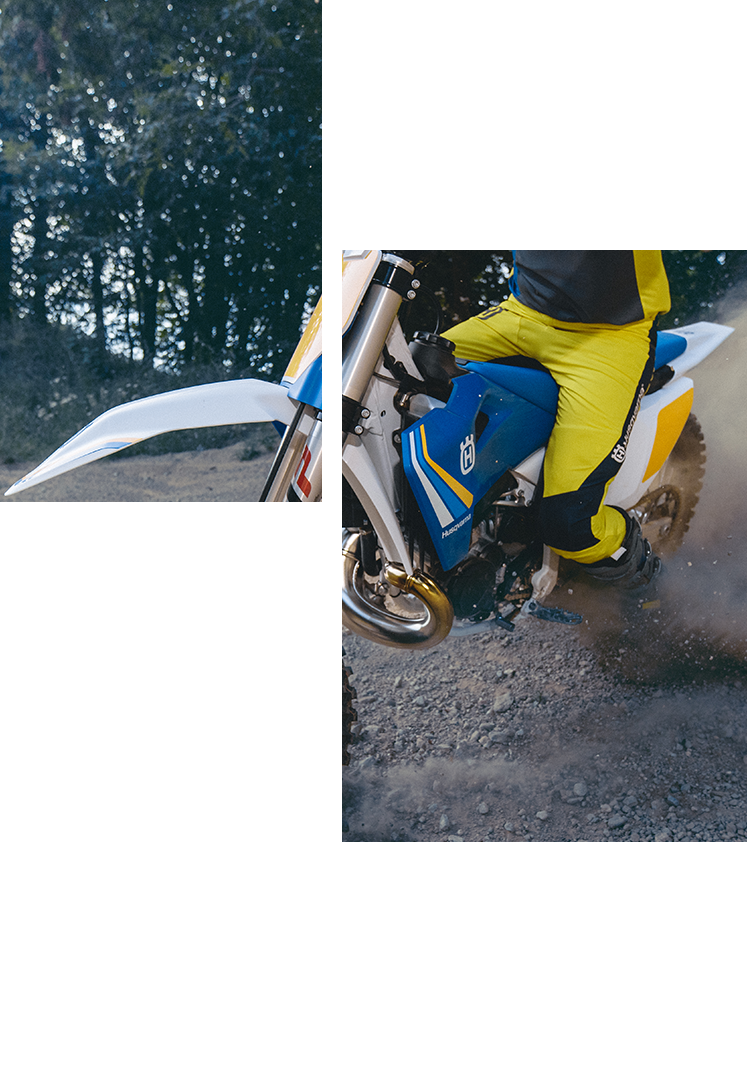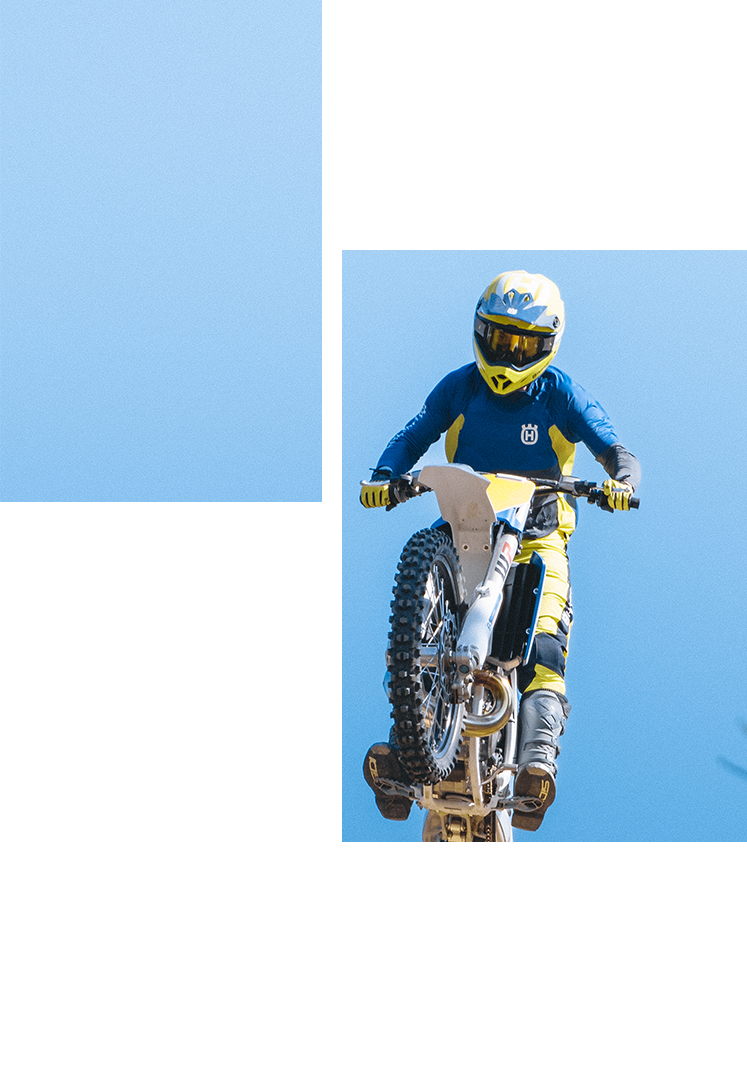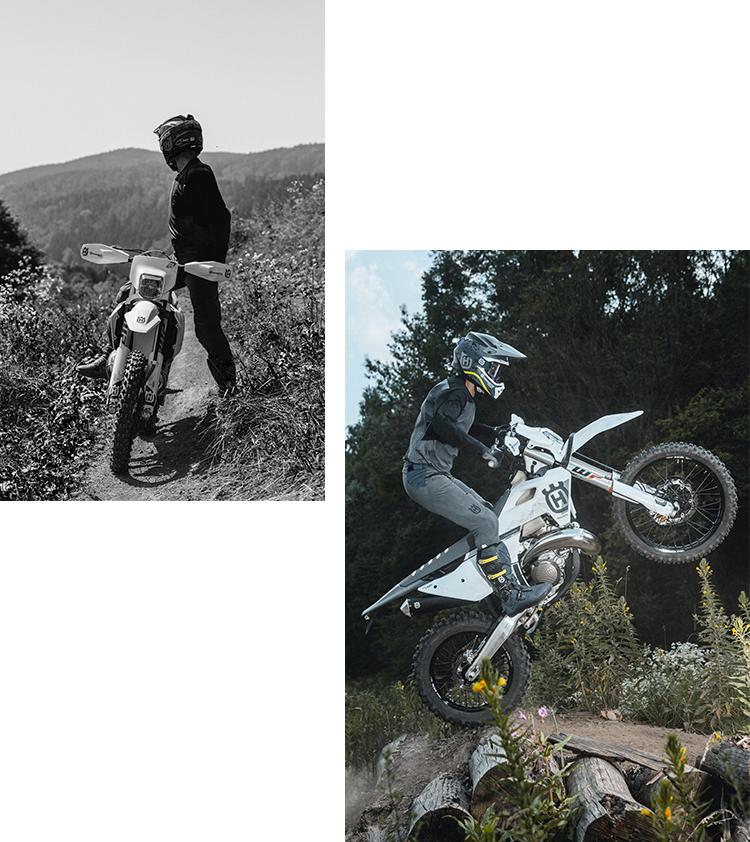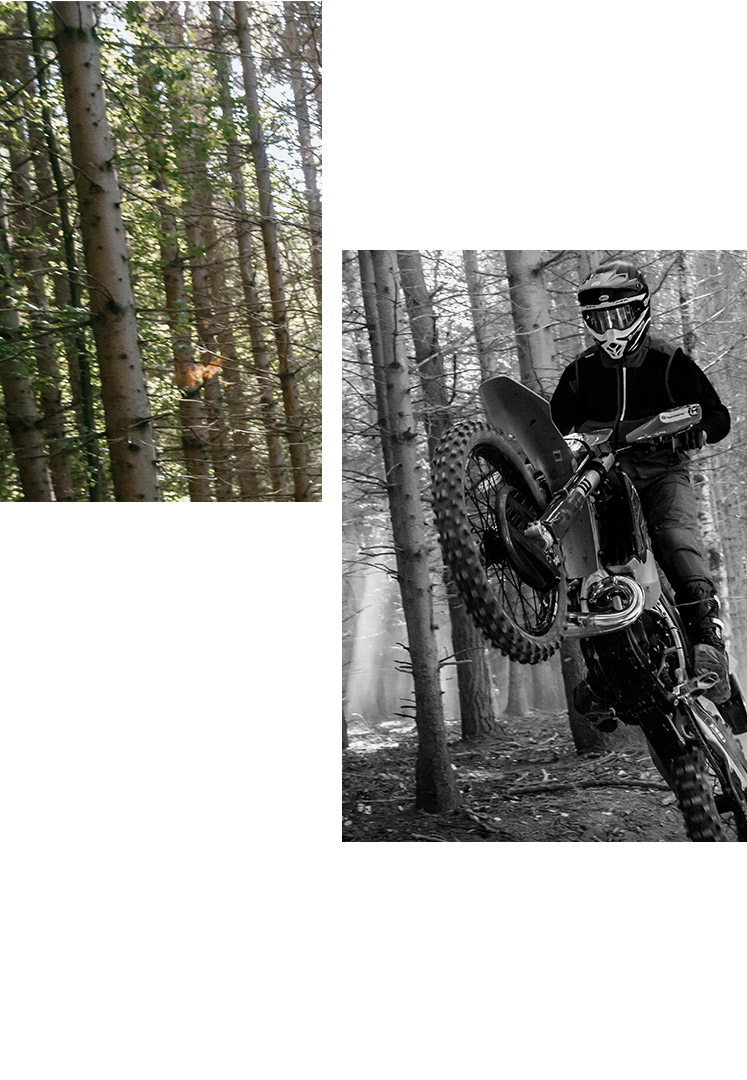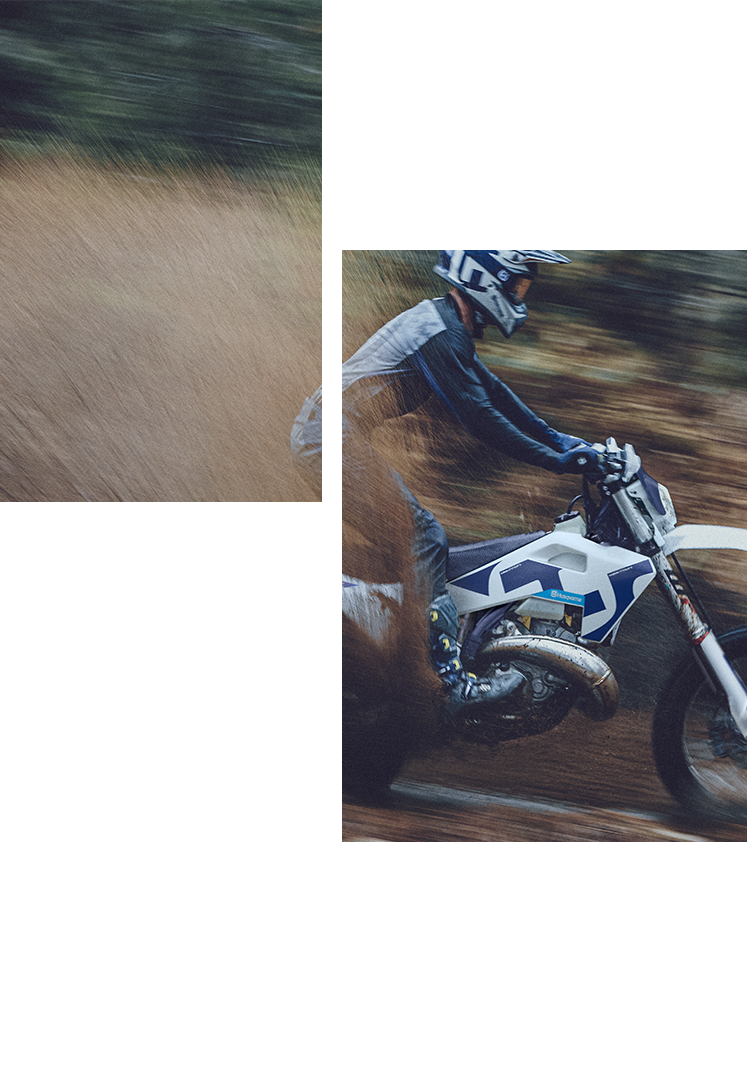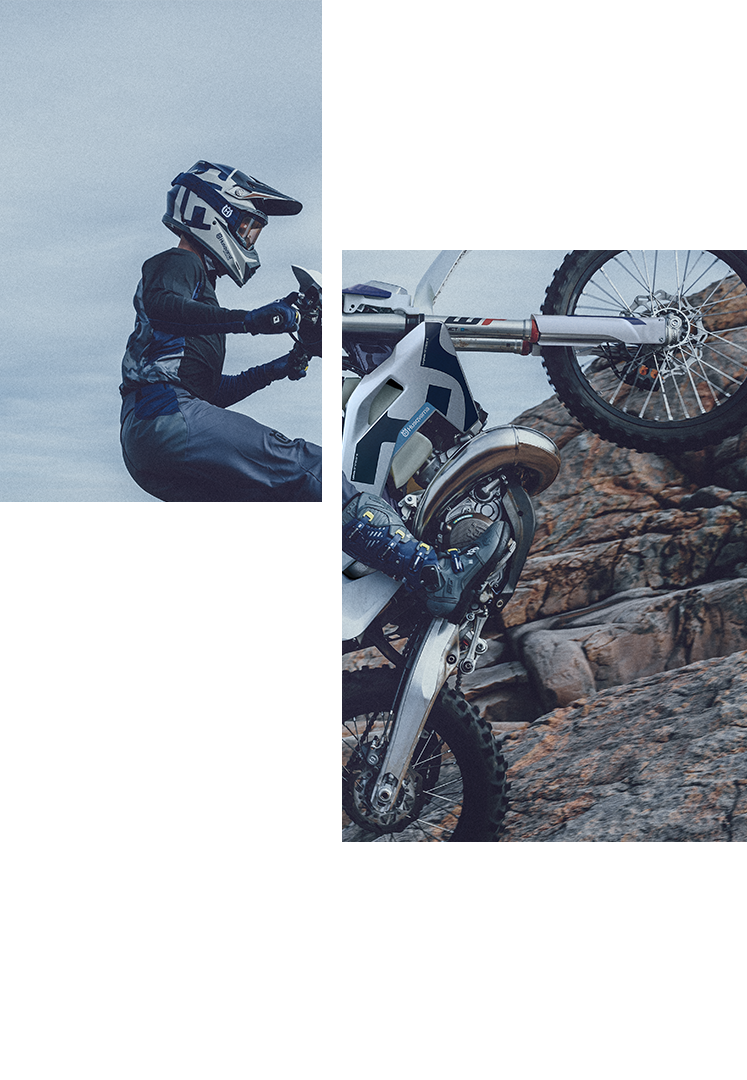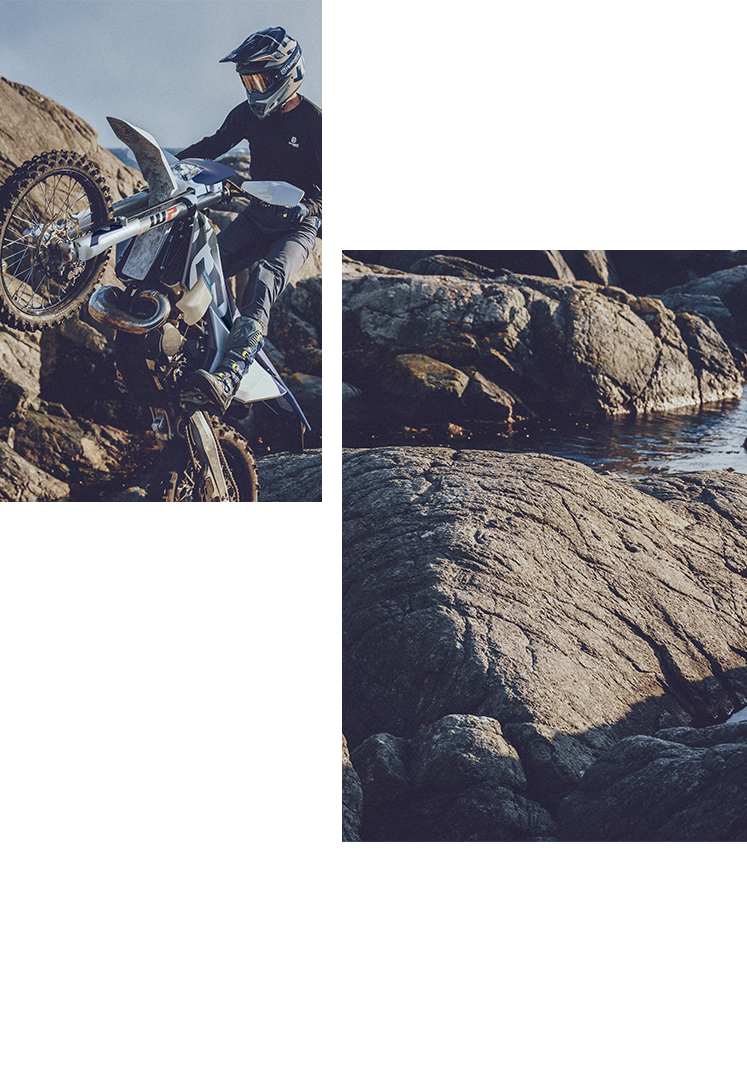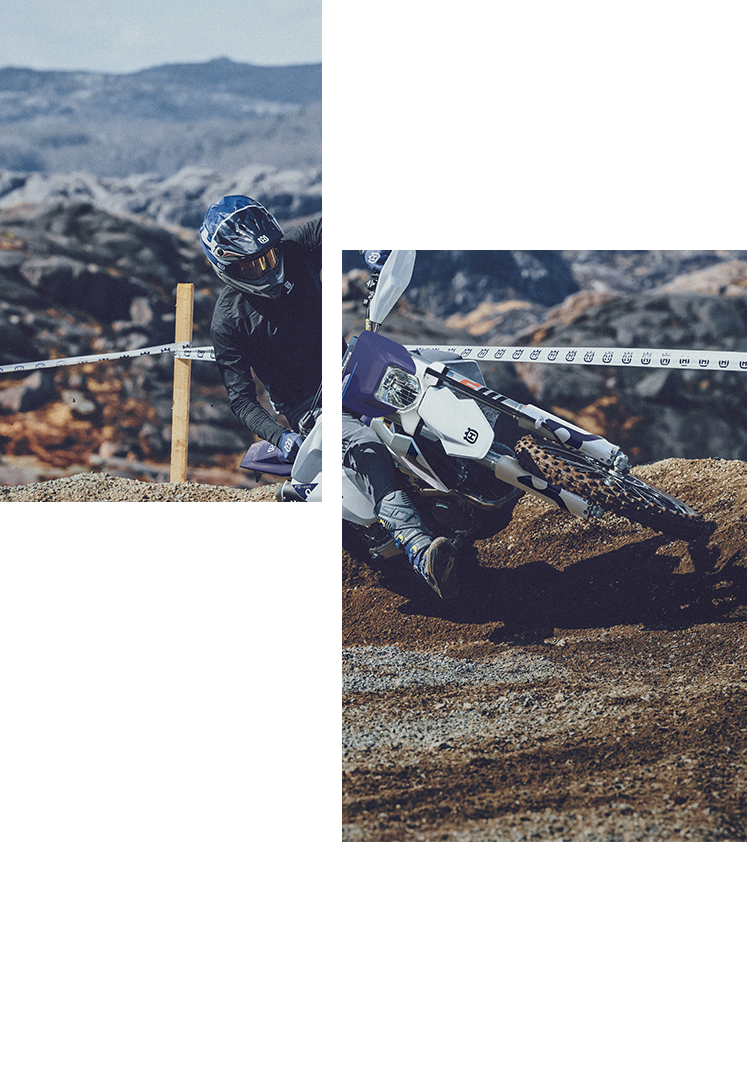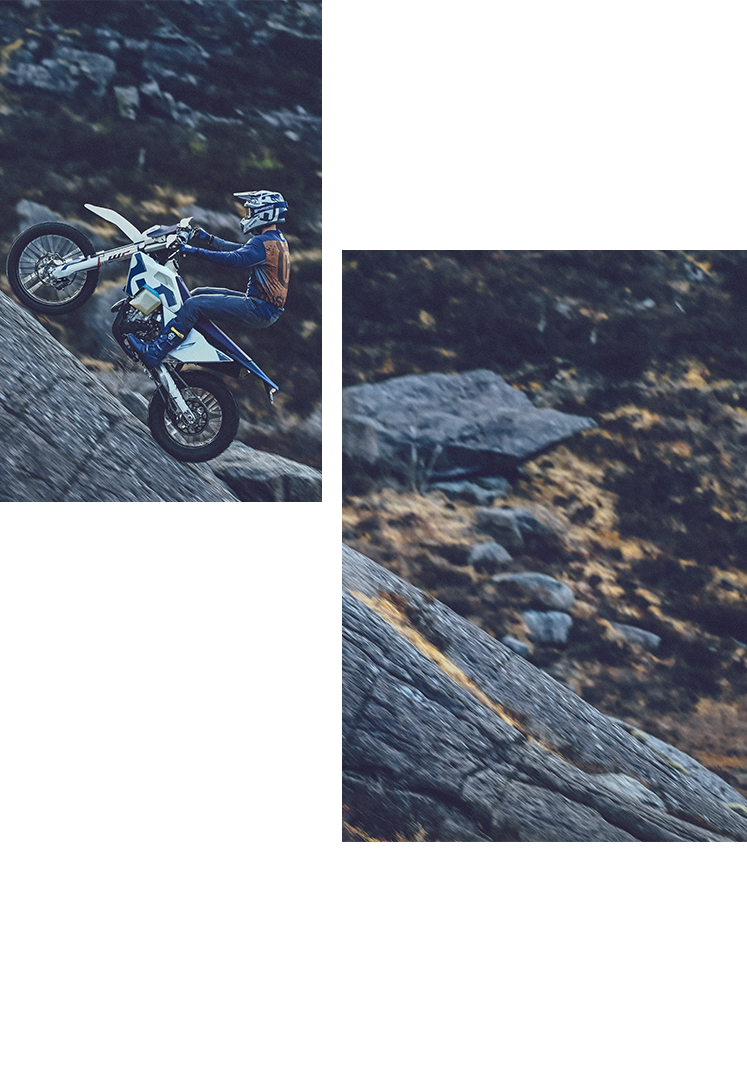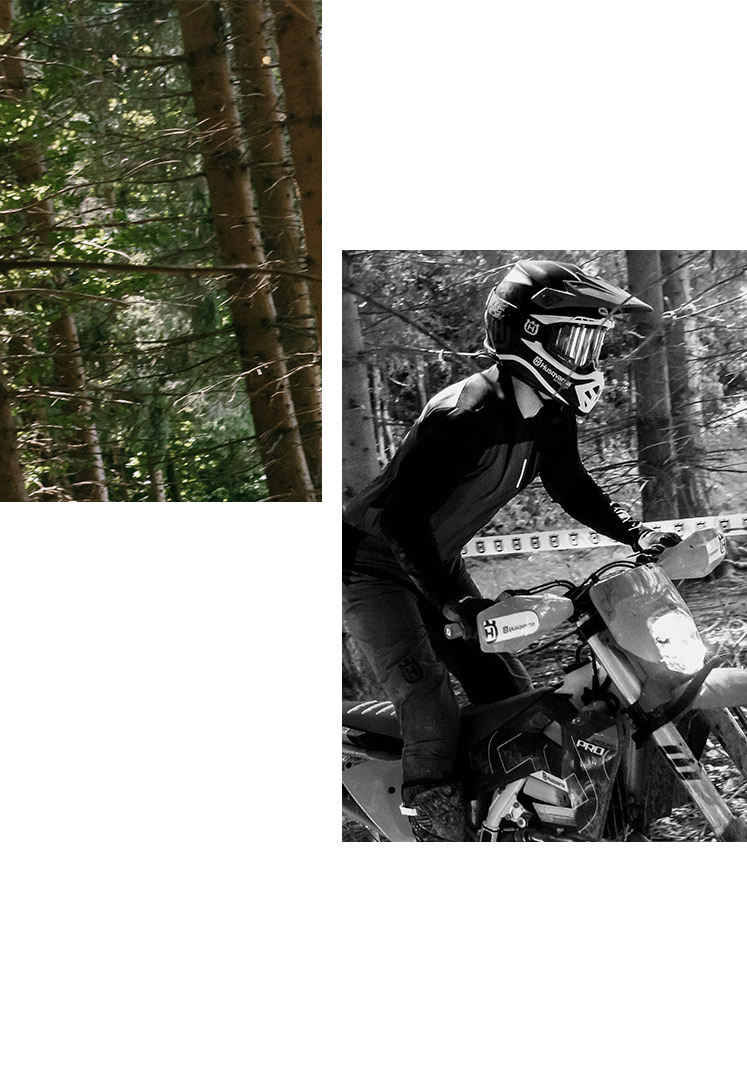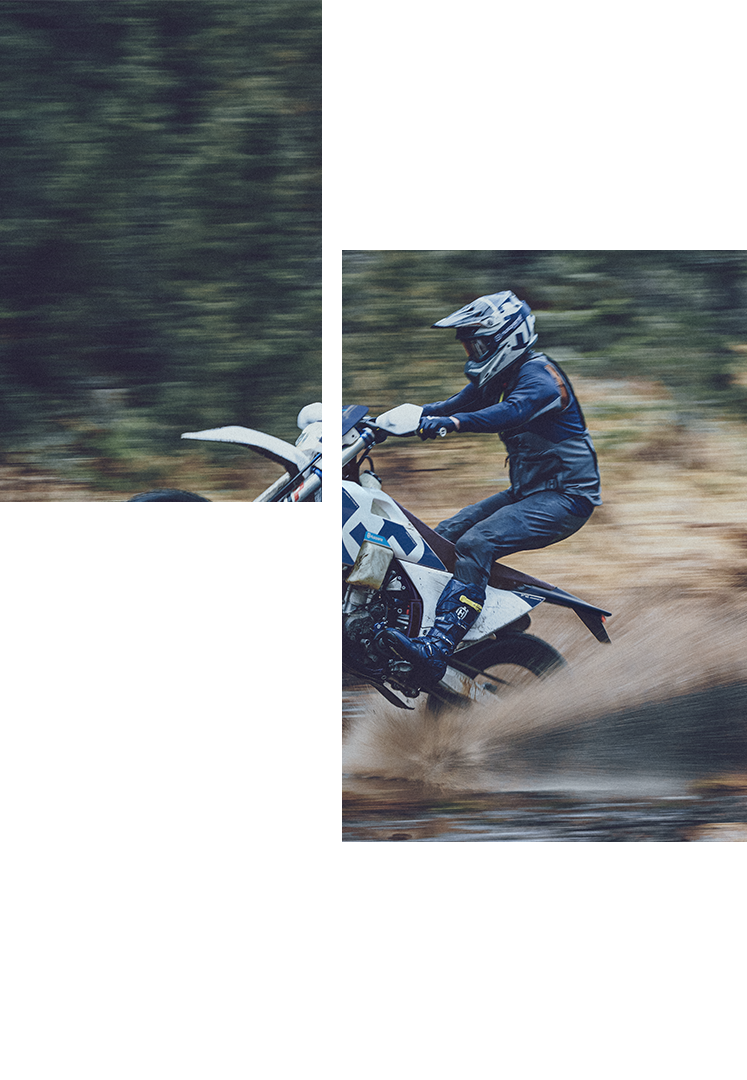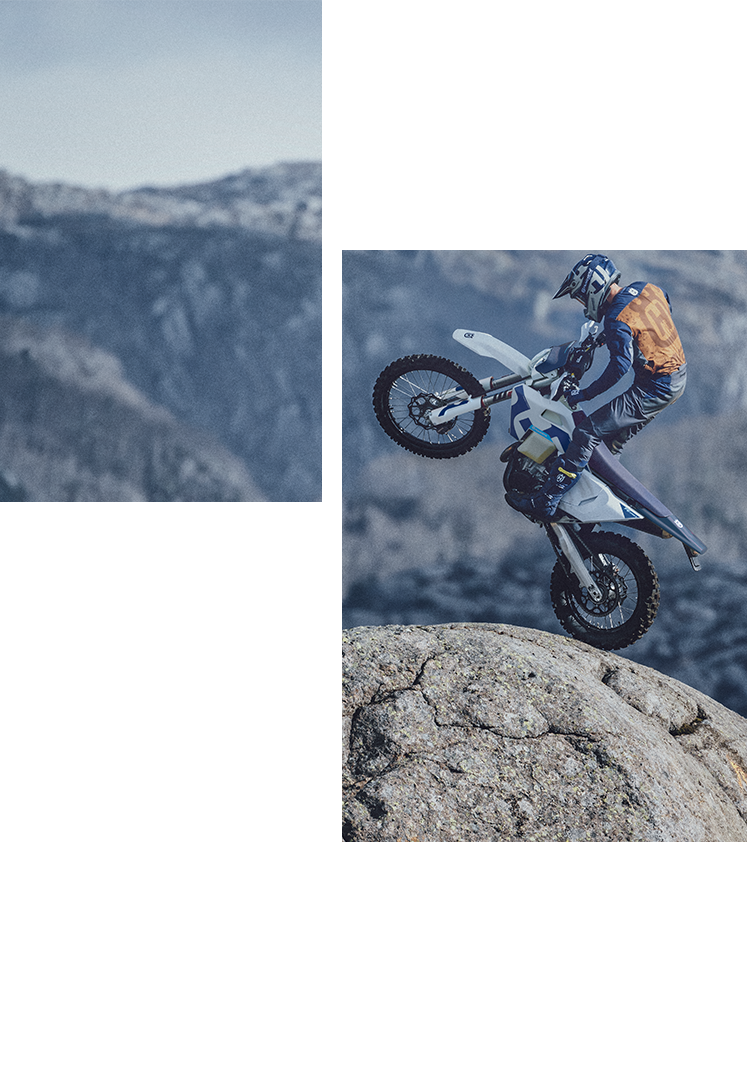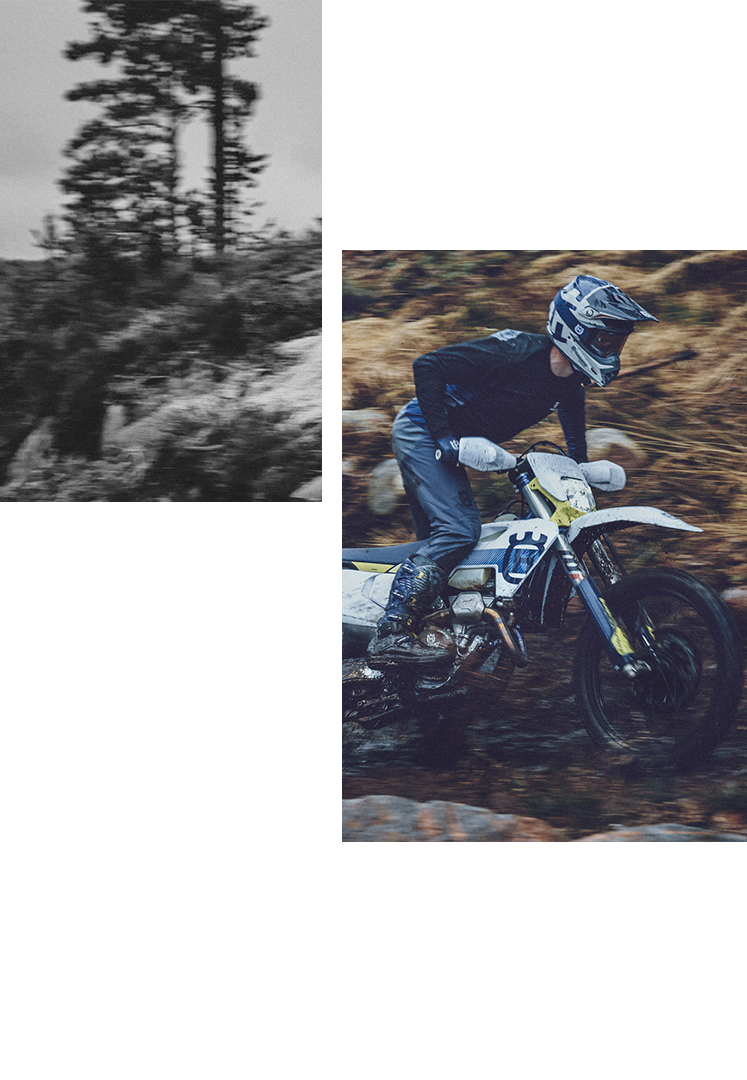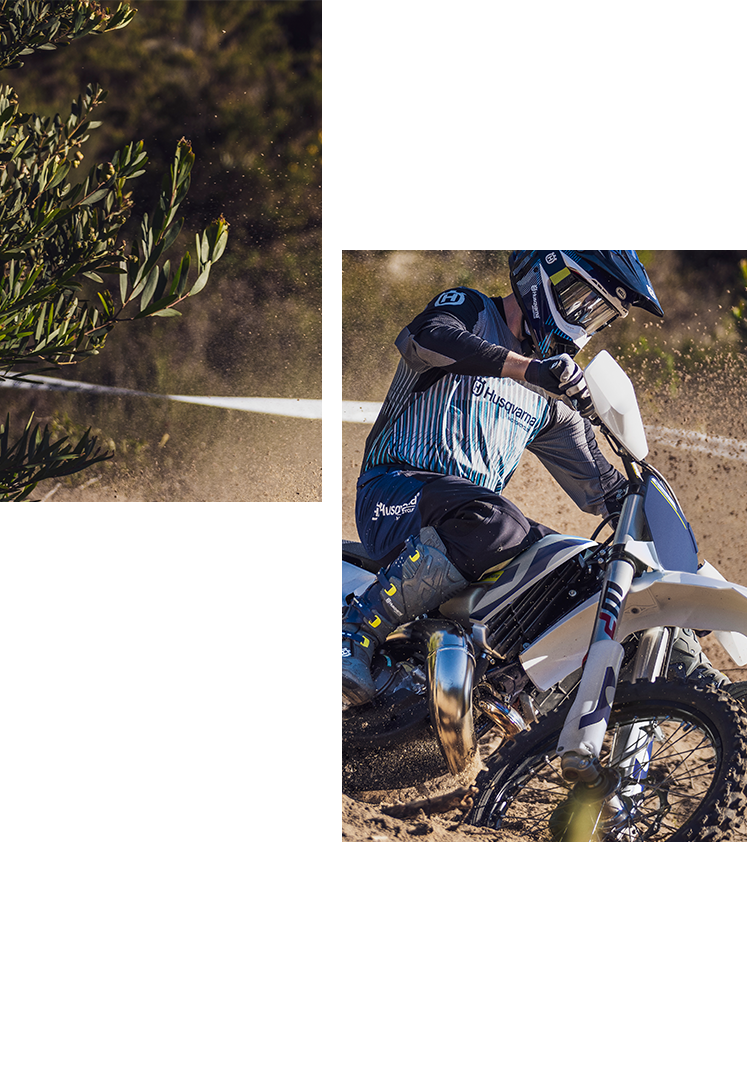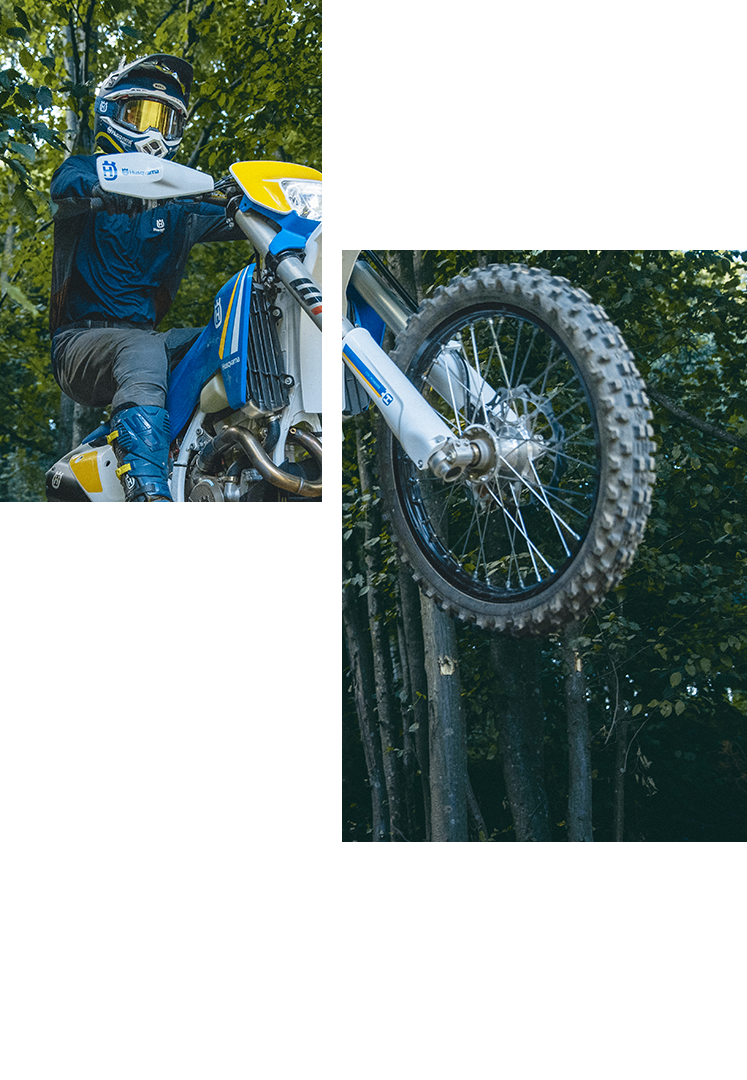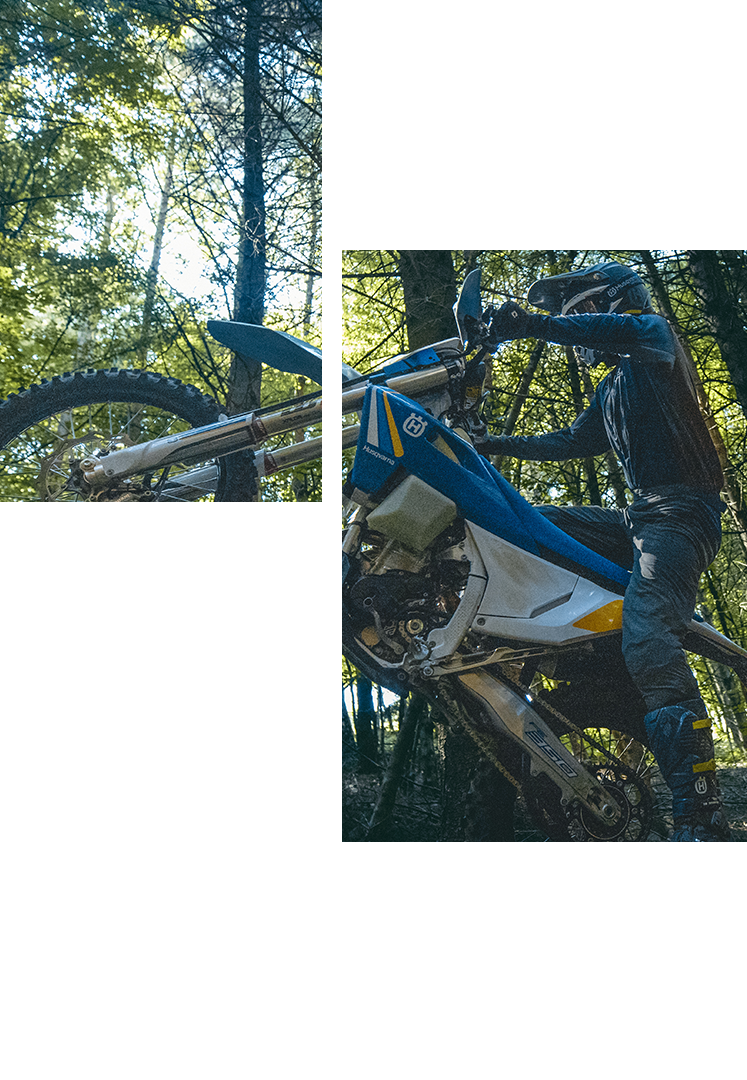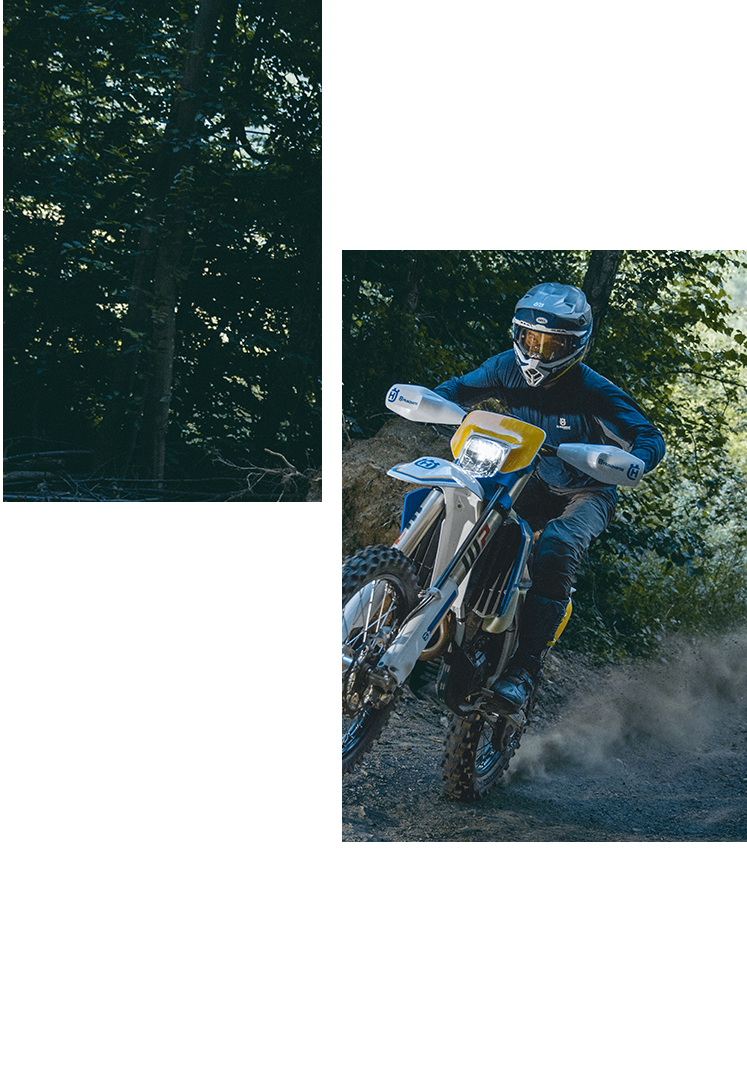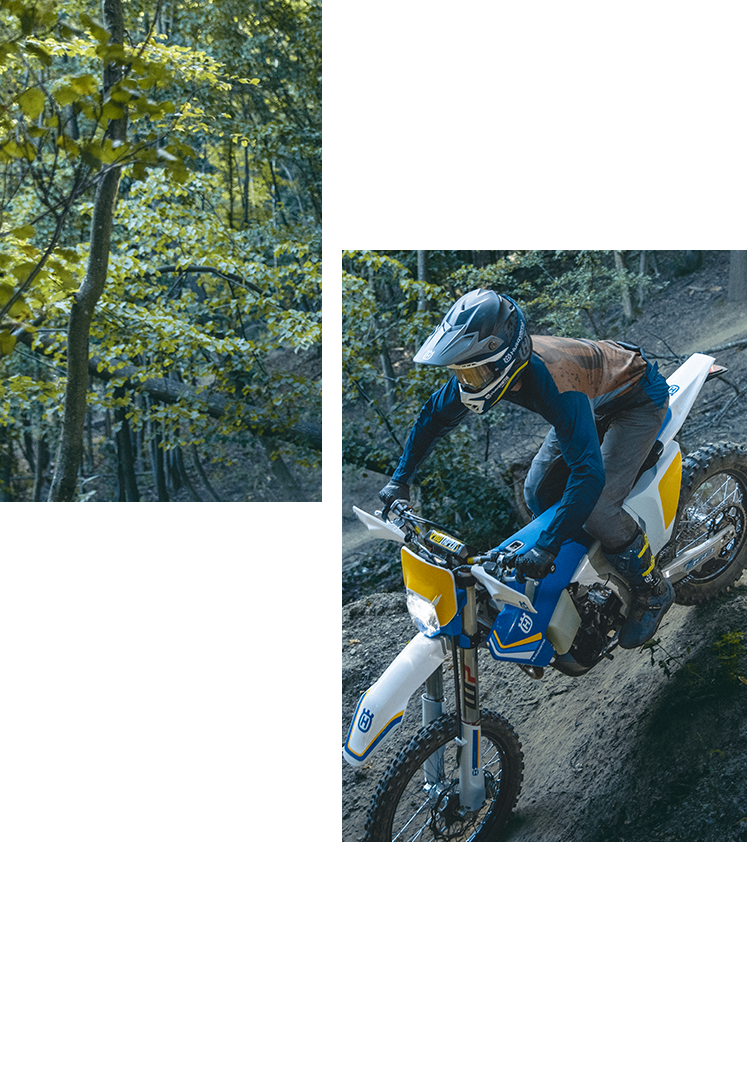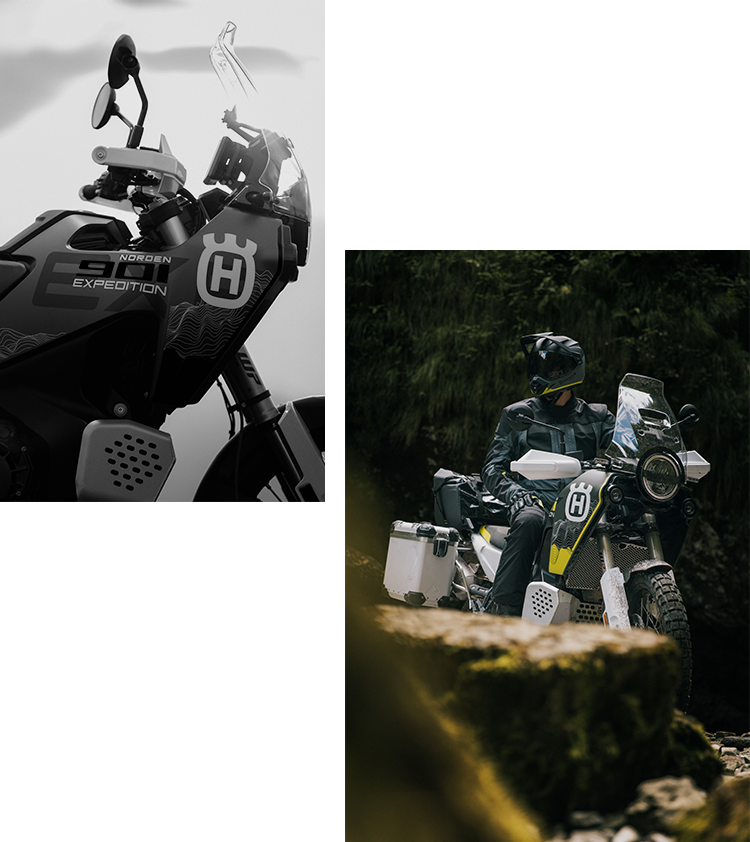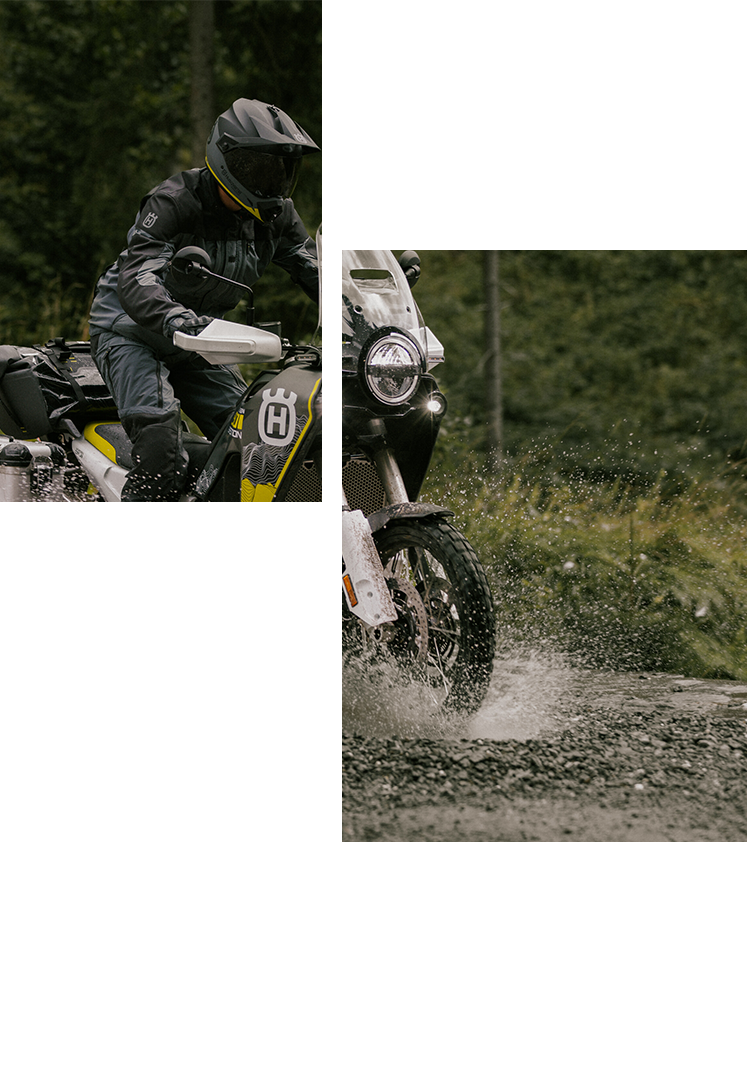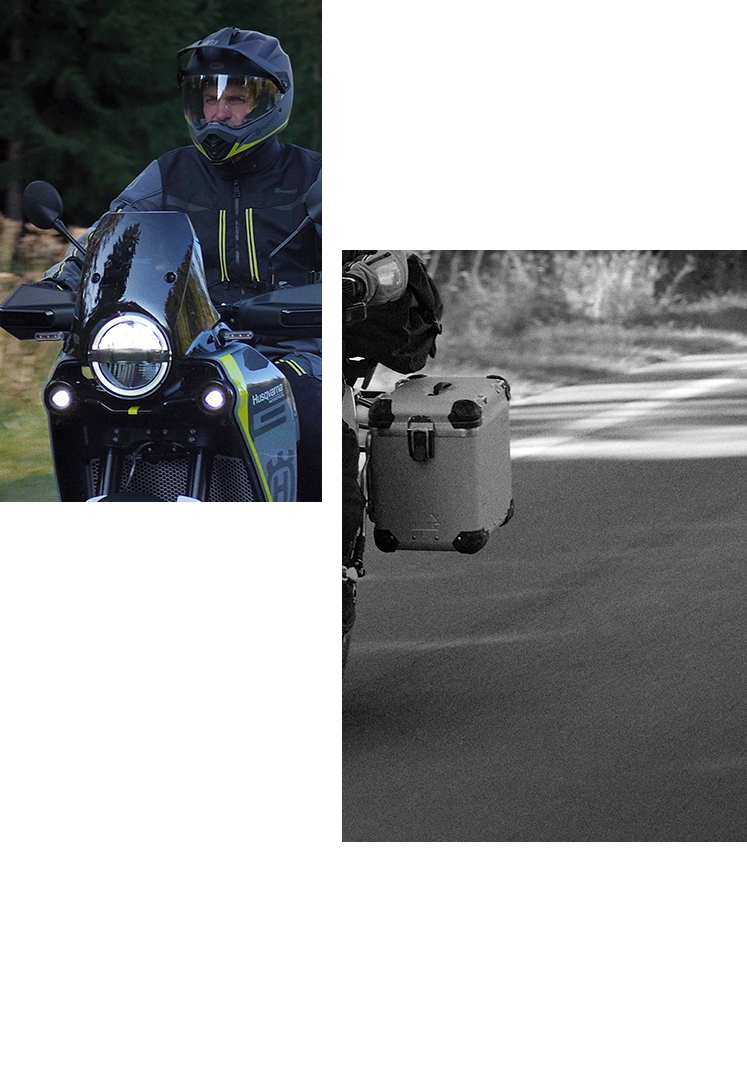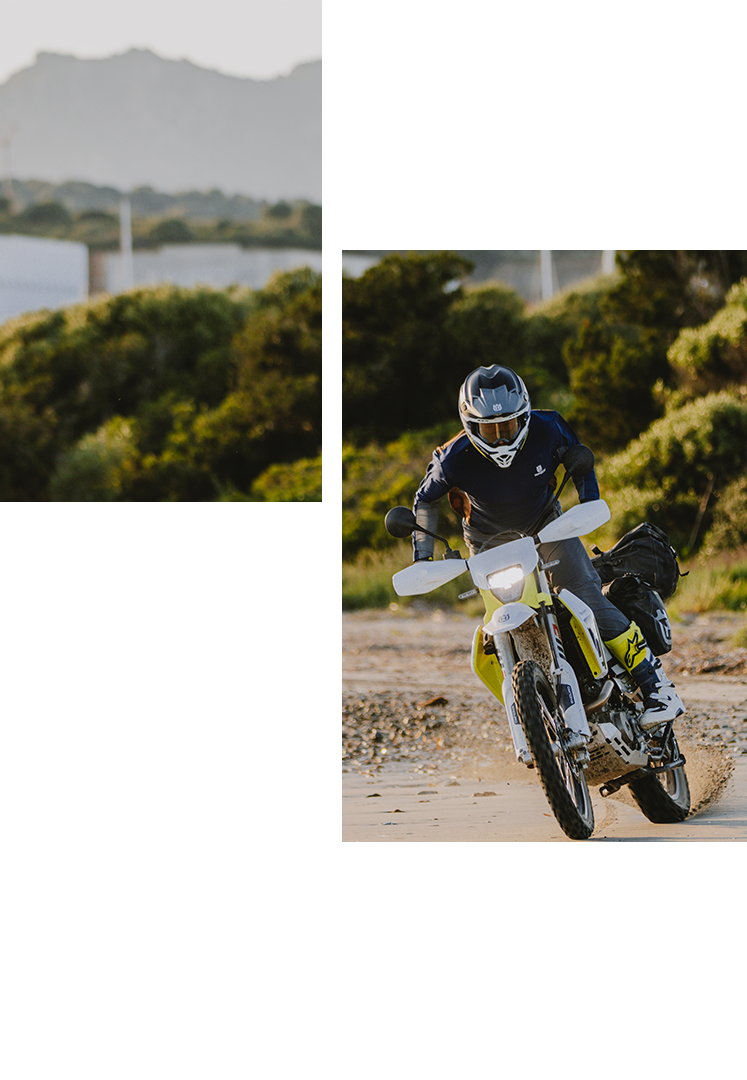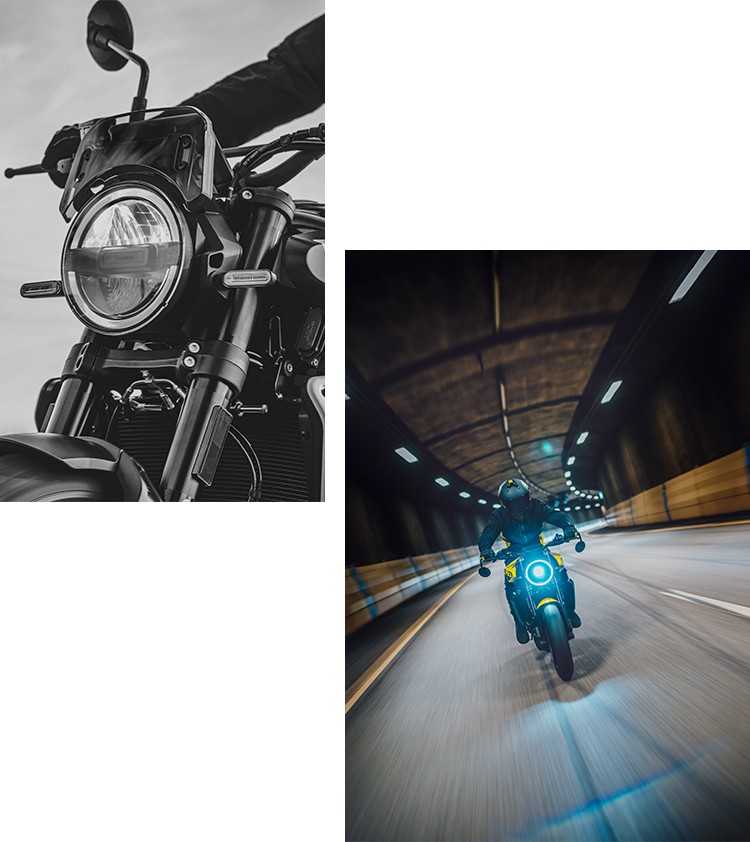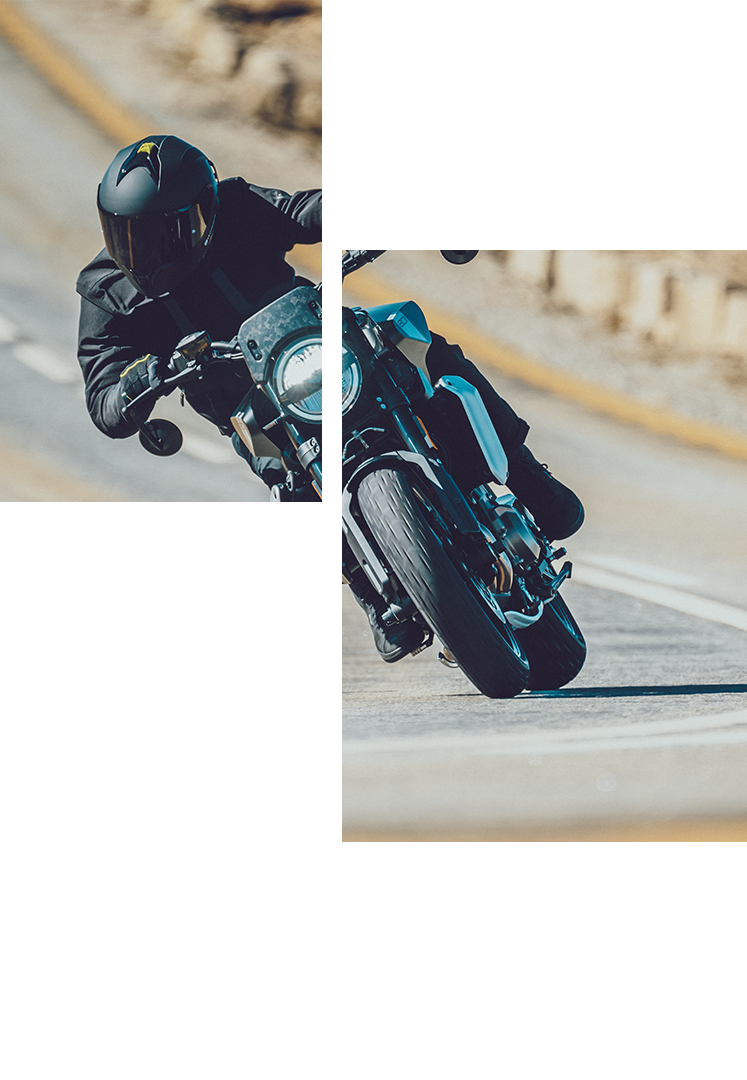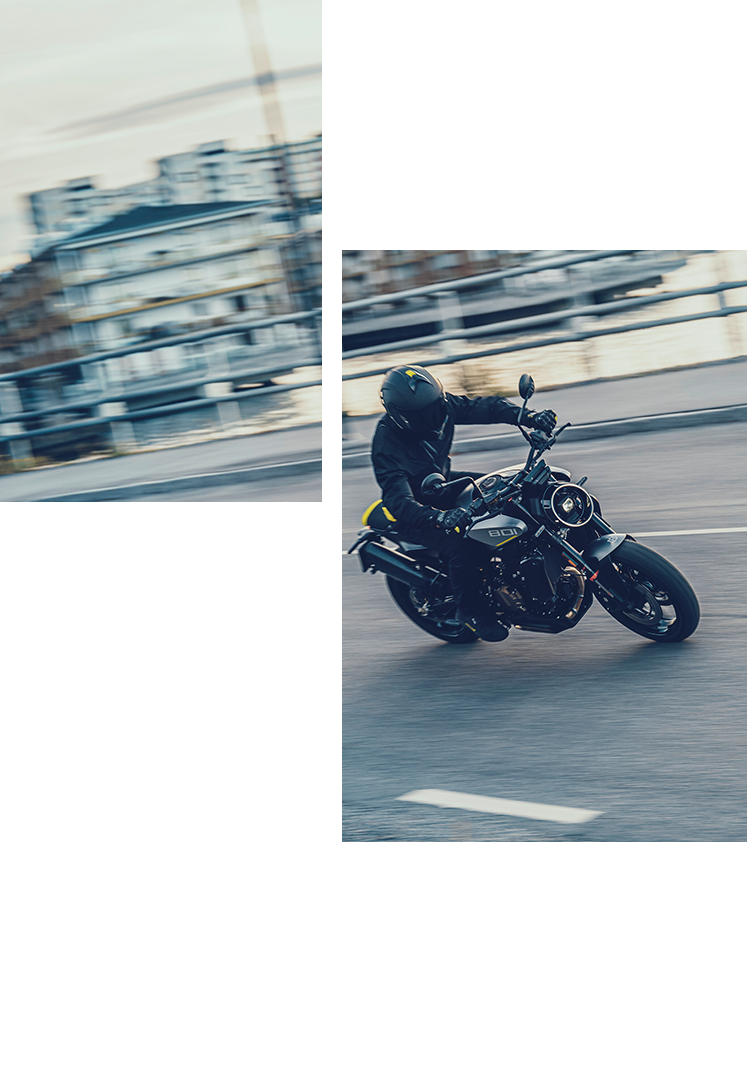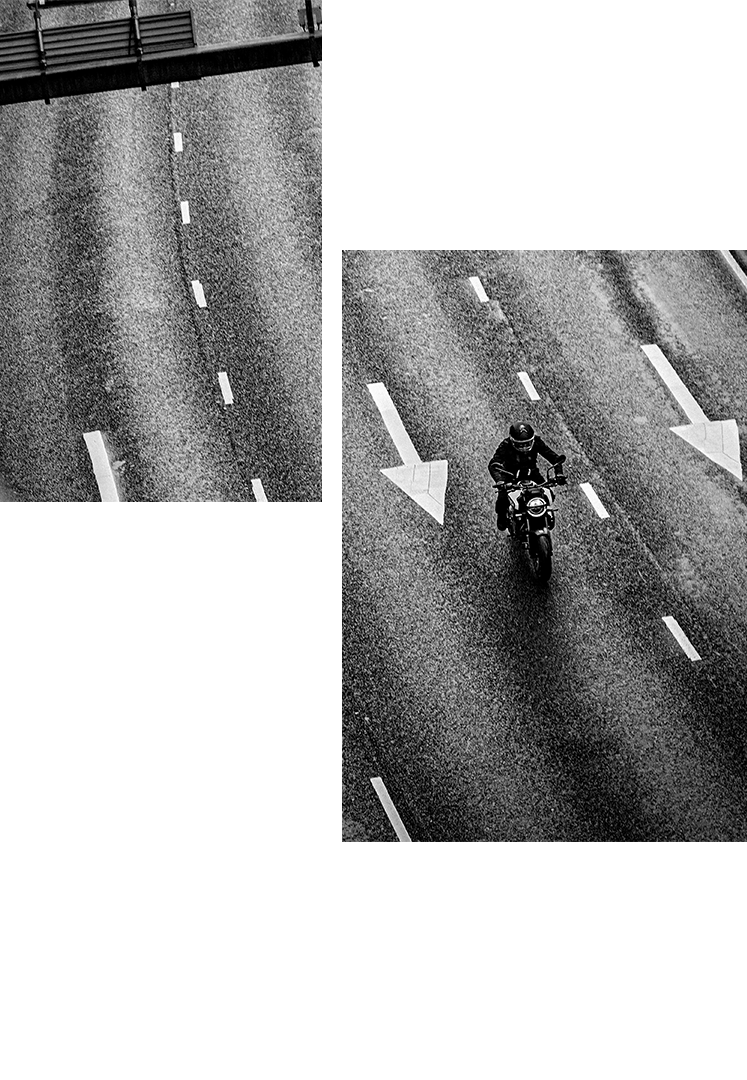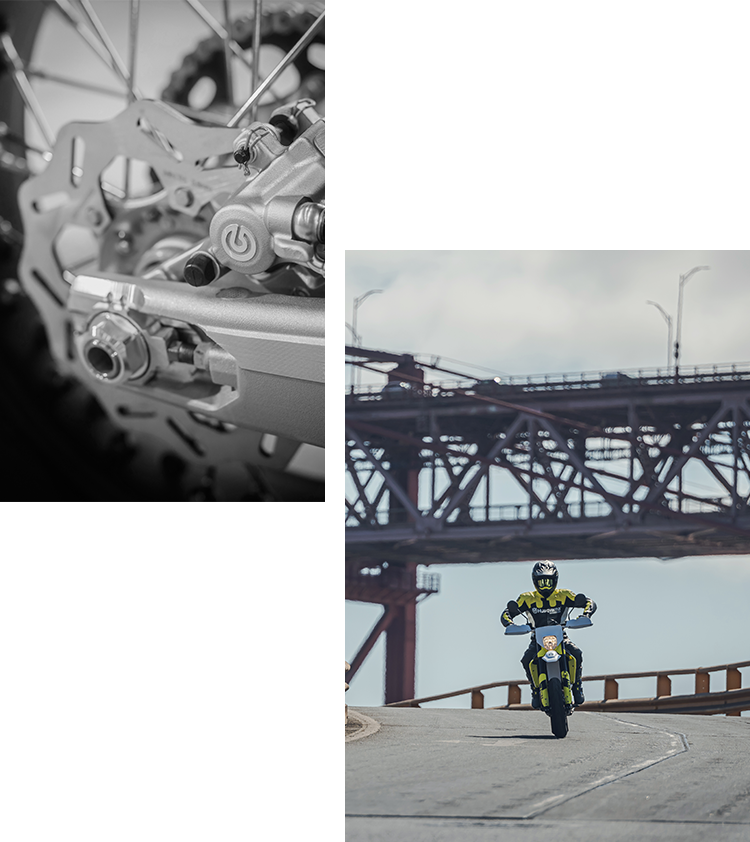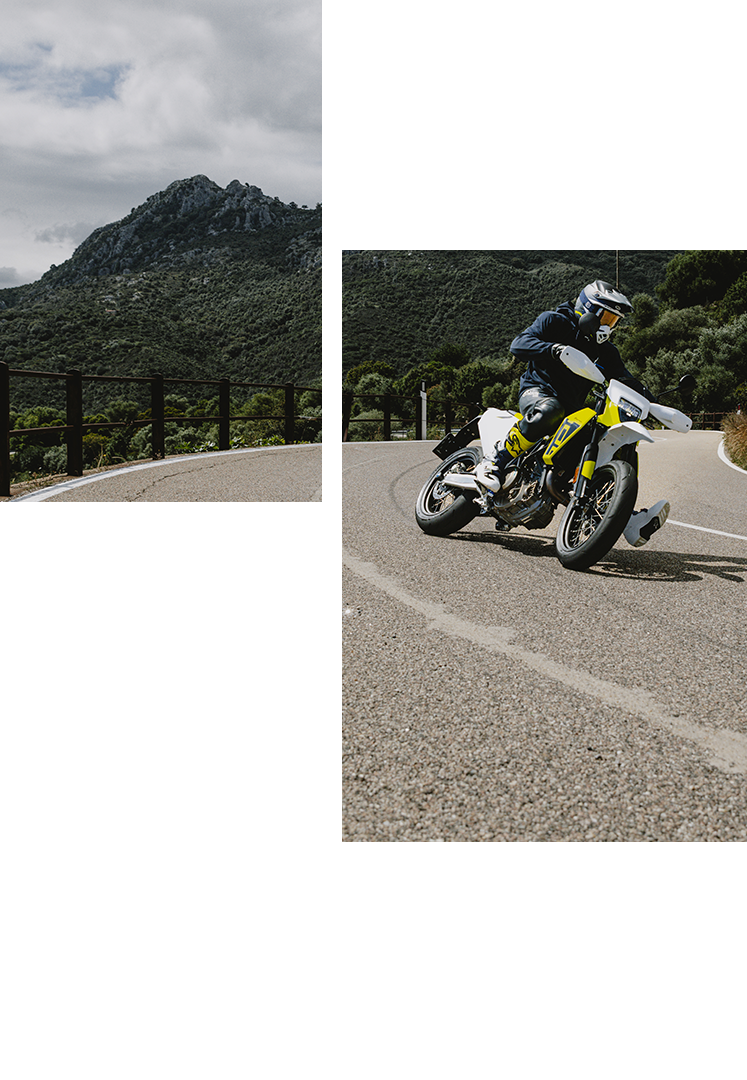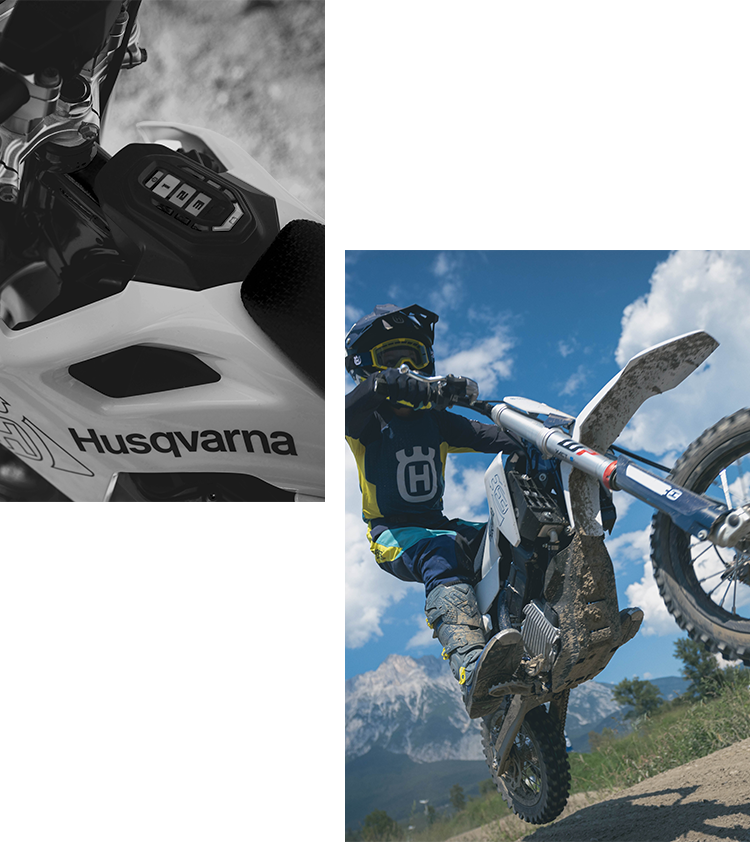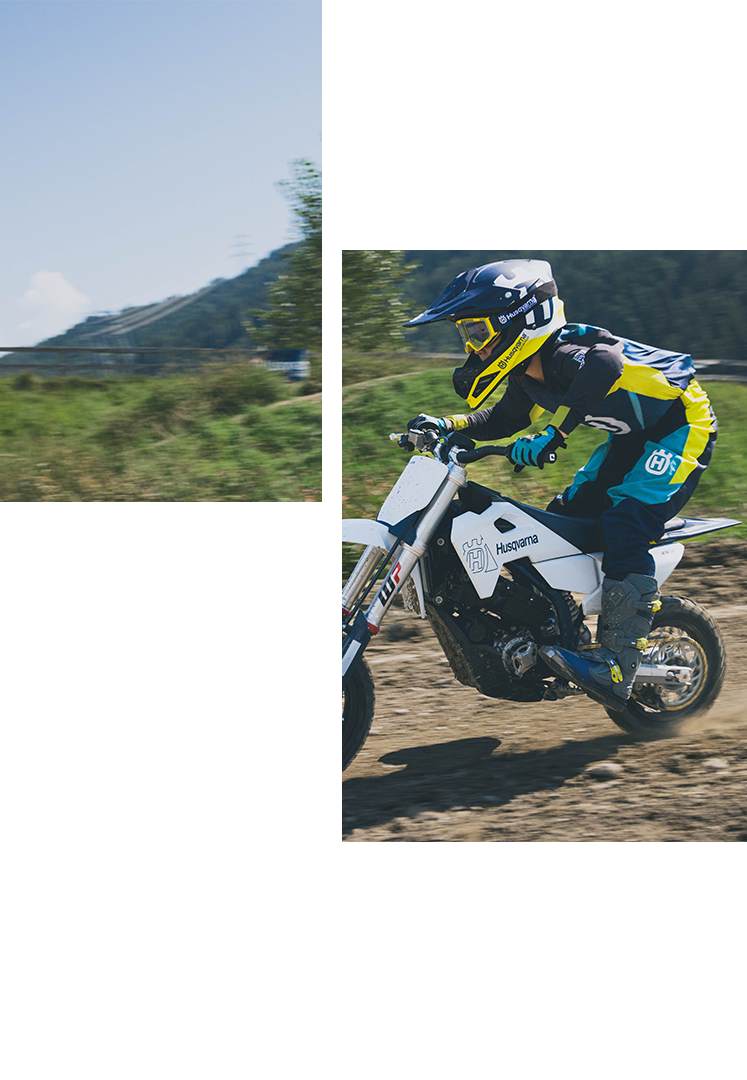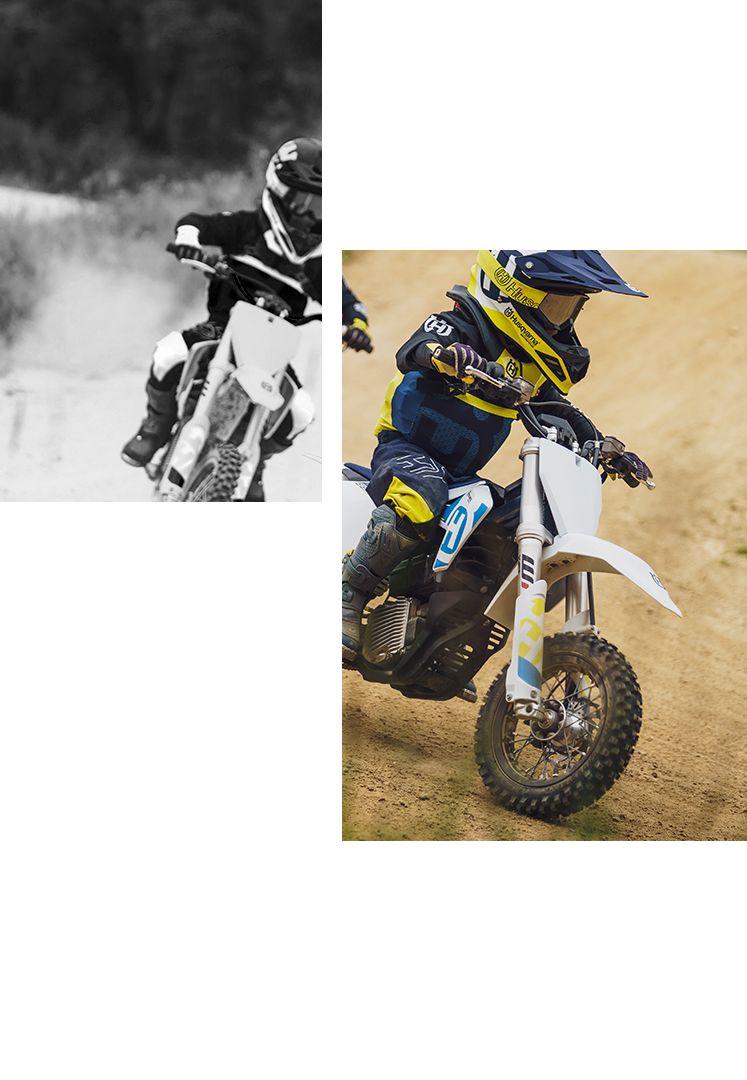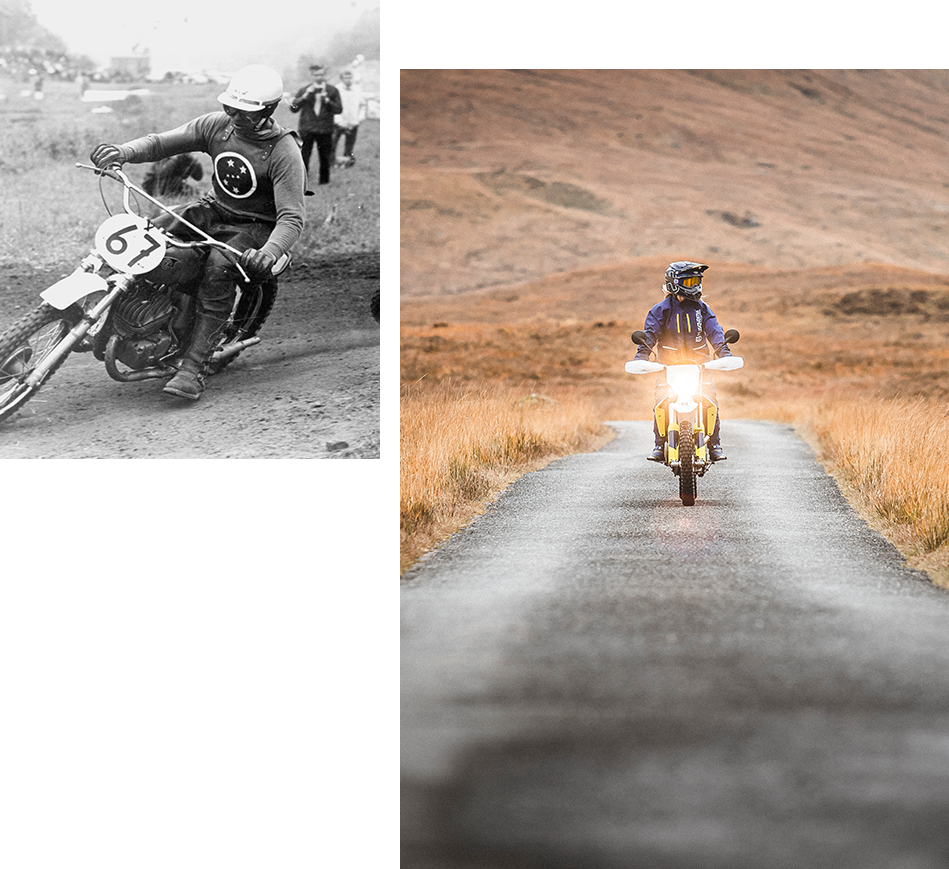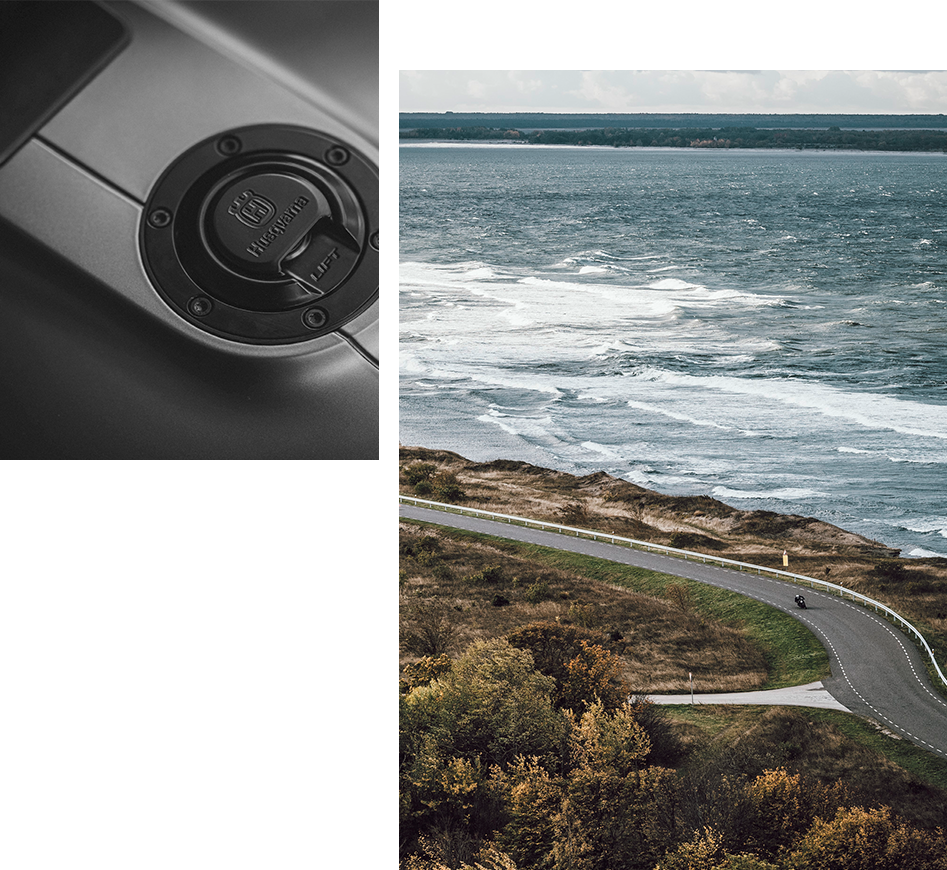From Russia with love
By Kenneth Olausson
For the ordinary citizen in the Soviet Union, life was different from living in the West. In the 60s the restrictions were harsh and people had to fight hard for their bread and butter. The newly crowned world champion Torsten Hallman, on Husqvarna, rode to Moscow and found transportation and other duties not to be rock ‘n’ roll on the highways. Listen to his own story of a memorable trip in 1962.
Fascinating is the best word to describe my trips to Russia, that I visited during the 60s. Of course, in those days everything in the communist Soviet Union was either impossible, or rather prohibited. My adventures behind the iron-curtain consisted of obeying rules and never taking decisions on my own. After the Finnish Grand Prix in 1962 it was time to hit Moscow and there were a few riders set to participate there. So, we travelled together. Not least to have some company.
Four members of the Russian Federation met us all at the Russian border, to help take care of the border transfer. But, as always in the Eastern countries in those days, there was a real Kalamazoo at customs. Despite good intentions from the Motor Club in Moscow, it took a few hours to clear visas, declaration of money in each currency (we always had a wad of money in many currencies as we travelled a lot) and finally what was brought into the country. Customs officials wanted to know just about everything and took note of frame numbers, spare parts, etc. etc. You name it and they’d check it! After procedures were over we had a good 1’000 km trip before reaching Moscow – with a speed limit of 50 km/h - tiresome is not the correct word. Excruciatingly boring is a far better description of the journey.
We were only allowed to drive on certain transit roads so that the military could have full control on our ride. They also wanted to be sure that no one in our group got lost. On top of it all we had to stop every 30 klicks to make certain everything was OK and that no one was missing. Our overnight-stops were carefully planned in advance and also went according to a well-planned procedure. First, passport and papers were checked scrupulously. Then different lines to receive blankets, cushion, towels and so on. Then we were shown into a tent where there was a tiny cot to lie down on. But after two hours of going through all this, nobody was in the mood for sleeping any more…
I remember there were lots of discussions about the travel speed and we finally convinced the authorities that our cars were not suited to such low speeds. But this in turn meant that we had to take a travel guide on board, which we did after some further disputes. Having seen the poor countryside with views reminding us of the 19th century we were amazed when reaching Moscow. I think it at least used to be one of the most beautiful cities in Europe and it made a strong impression when we rode around this vast city to see the sites. The Russians have thought ahead and the streets were wide and on top of it we found a lot of modern high-rising buildings in the downtown area. The traffic was dull and not too many cars on the roads as most people couldn’t afford to buy a vehicle anyway.
The Swedish party of motocross riders took two days off to discover all the secrets of magnificent Moscow. But we soon found that everything was more or less prohibited in the city, just as it had been outside. On the famous ‘Red Marketplace’ we were looking at the Lenin mausoleum and all the fabulous churches around. We had to follow certain paths and not take any photographs of the police. Of course, we did quite the opposite and were questioned until they got tired of the Swedish tourists.
There were more that 150’000 spectators who came to watch the Soviet Grand Prix – despite the fact that I had already clinched the 250cc world crown. In fact the track was situated in the city of Moscow, just two kilometres from the famous Lenin stadium of which we had a tremendous view from our golden pond. The race itself was of little interest. A new local name turned up as we gathered to compete. Victor Arbekov (later to be world champion in 1965) rode a home-made machine and took the holeshot to the great delight of the big crowd. I soon caught up with him with my quick Husky, but didn’t dare overtake as he was all over the track, moving unconvincingly. In a jump I gave everything to pass but Victor saw me coming and hit me so we crashed badly when hitting the ground after the jump. Unfortunately, my throttle cable broke which forced me to abandon this first heat. I was furious at Arbekov and was the first to ‘congratulate’ him on his win, swearing in Swedish which he of course didn’t understand. The Russian Federation asked me to apologize for all my dirty words, which I had to obey. So, I rode my Husqvarna to victory in the second race after my Viking blood had reached boiling point!
Returning home we all enjoyed food and sleep in our own beds!
